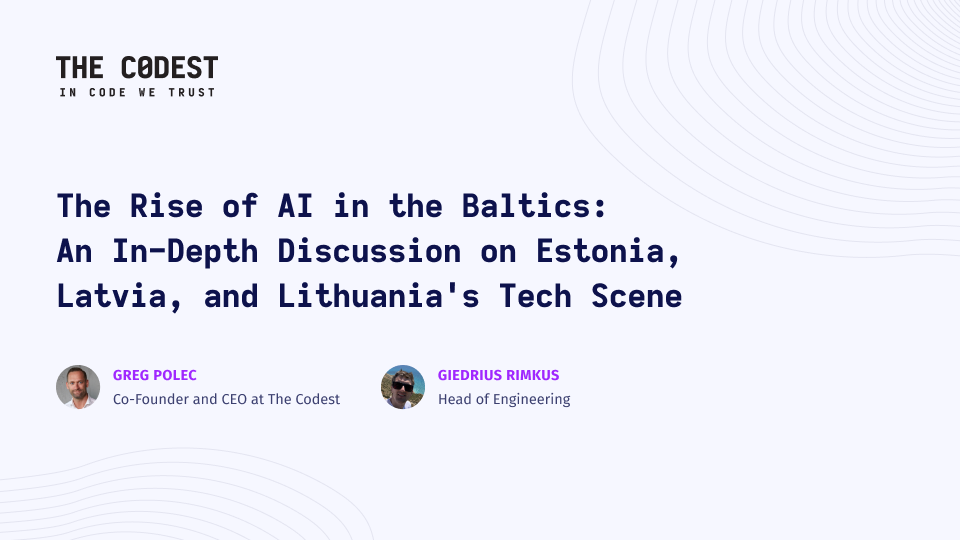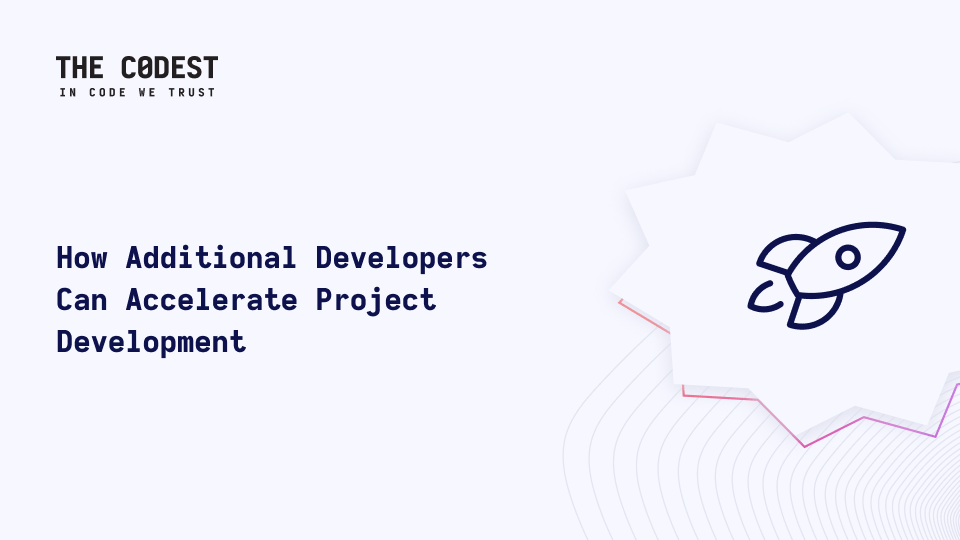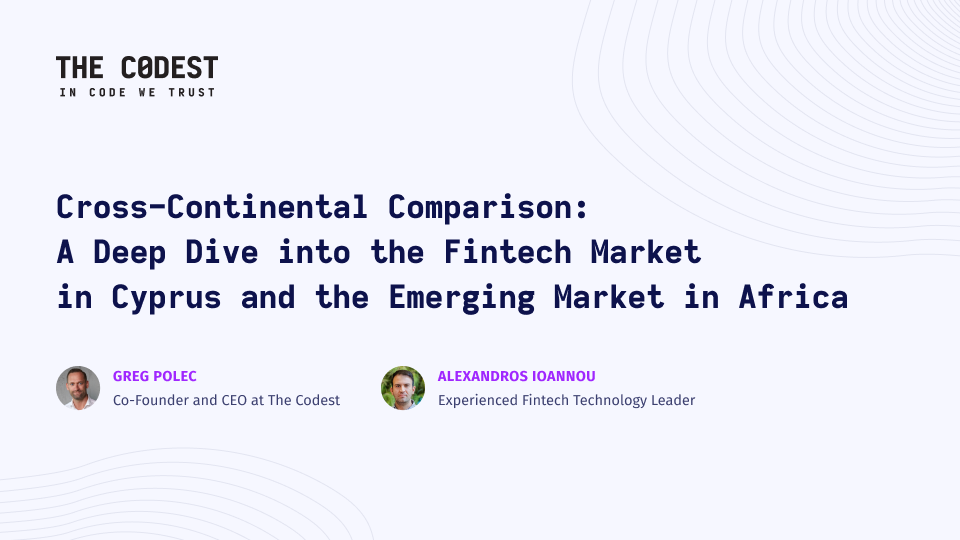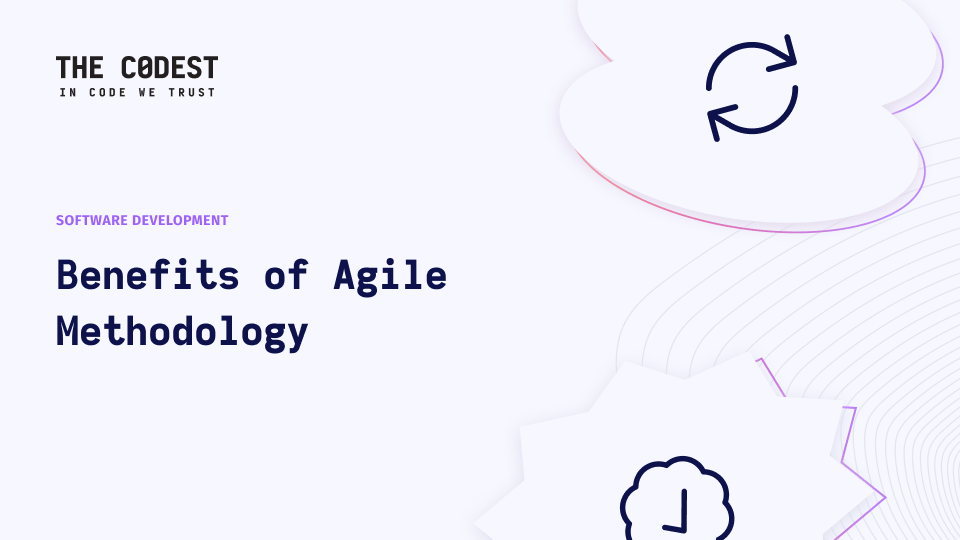In an enlightening conversation, Greg Polec of The Codest and Thomas Sundgren of United Robots & Nexta discuss the dynamic transformations occurring in today’s media industry. They delve into the integral roles of AI, data analytics, and personalization in shaping the future of journalism.
In a rapidly evolving digital landscape, media companies are at the forefront of a revolution. Utilizing technologies like artificial intelligence (AI), data analytics, and personalized algorithms, they are reshaping how we consume news and information. To delve deeper into this transformation, we have brought a leading figure in the industry. Thomas Sundgren, CCO at United Robots and VP of Commercial at Nexta.Together with Greg Polec – Co-Founder and CEO at The Codest, they explore the current trends, future prospects, and challenges in leveraging data, AI, and personalization for the modern newsroom. Here’s what they had to say:
Greg Polec (The Codest): Welcome, Thomas. It’s a pleasure to have this discussion about digital transformation in media. Can you tell us about your role at United Robots and Nexta, and how these companies are changing the modern newsroom?
Thomas Sundgren (United Robots & Nexta): Thank you, Greg. My role primarily focuses on creating strategies that use AI and data analytics to transform content creation and commercial processes in the media industry. Both United Robots and Nexta aim to make newsrooms more efficient, personalized, and innovative.
Greg Polec (The Codest): How do you think AI and data analytics are reshaping news organizations today?
Thomas Sundgren (United Robots & Nexta): AI and data analytics are like the new backbone of the media industry. They allow for predictive analysis, content personalization, automation, and many other advancements that enhance the reader’s experience. It’s a new era for journalism.
Greg Polec (The Codest): What has been the impact of personalization in this industry?
Thomas Sundgren (United Robots & Nexta): Personalization is transforming the way readers interact with content. By understanding reader preferences, we can provide content that resonates, increasing engagement and loyalty.
Greg Polec (The Codest): How do you ensure that personalization does not compromise ethics or privacy?
Thomas Sundgren (United Robots & Nexta): We follow strict guidelines and regulations to strike a balance between personalization and privacy. Transparency with users about how their data is used is key.
Greg Polec (The Codest): What challenges have you faced in implementing these technologies, and how have you overcome them?
Thomas Sundgren (United Robots & Nexta): Challenges include integration with existing systems, ensuring data privacy and training teams to adapt to new technologies. Collaboration, continuous learning, and adherence to best practices have been our solutions.
Greg Polec (The Codest): Collaboration between media and technology companies seems vital. Can you elaborate on this?
Thomas Sundgren (United Robots & Nexta): Absolutely. This collaboration fosters innovation and growth. It’s about merging the creative storytelling of media with the technological prowess of companies like The Codest.
Greg Polec (The Codest): Can you share some future trends or technologies that might influence digital transformation in media?
Thomas Sundgren (United Robots & Nexta): Augmented Reality (AR), Virtual Reality (VR), and blockchain are some technologies to watch. They are set to bring new dimensions to content delivery and monetization.
Greg Polec (The Codest): How do you see the role of startups and innovative companies like The Codest in this transformation?
Thomas Sundgren (United Robots & Nexta): Startups bring agility and fresh perspectives. Collaborating with companies like The Codest helps in rapid experimentation and scaling, driving the industry forward.
Greg Polec (The Codest): Before we conclude, do you have any advice for media companies on their digital transformation journey?
Thomas Sundgren (United Robots & Nexta): Embrace change, invest in talent, focus on user experience, and collaborate with technology partners. These are essential for success in the digital era.
Greg Polec (The Codest): Thomas, thank you for your time and insights. It’s an exciting time for media, and we’re glad to be part of this transformation.
Thomas Sundgren (United Robots & Nexta): Thank you, Greg. Collaborations like this are the future of our industry.
Conclusion
The insightful conversation between Greg Polec and Thomas Sundgren paints a vivid picture of the media industry’s future. It’s clear that embracing digital transformation, fostering collaboration with technology partners, and investing in new technologies like AI and data analytics is crucial for media companies aiming to thrive in the modern era. As we stand on the brink of a new age in media, driven by personalization, innovation, and ethical considerations, this interview offers valuable insights and guidance for those looking to navigate these exciting yet complex waters. The fusion of storytelling and technology promises a vibrant and diverse landscape where readers, creators, and innovators can connect in meaningful and impactful ways.







